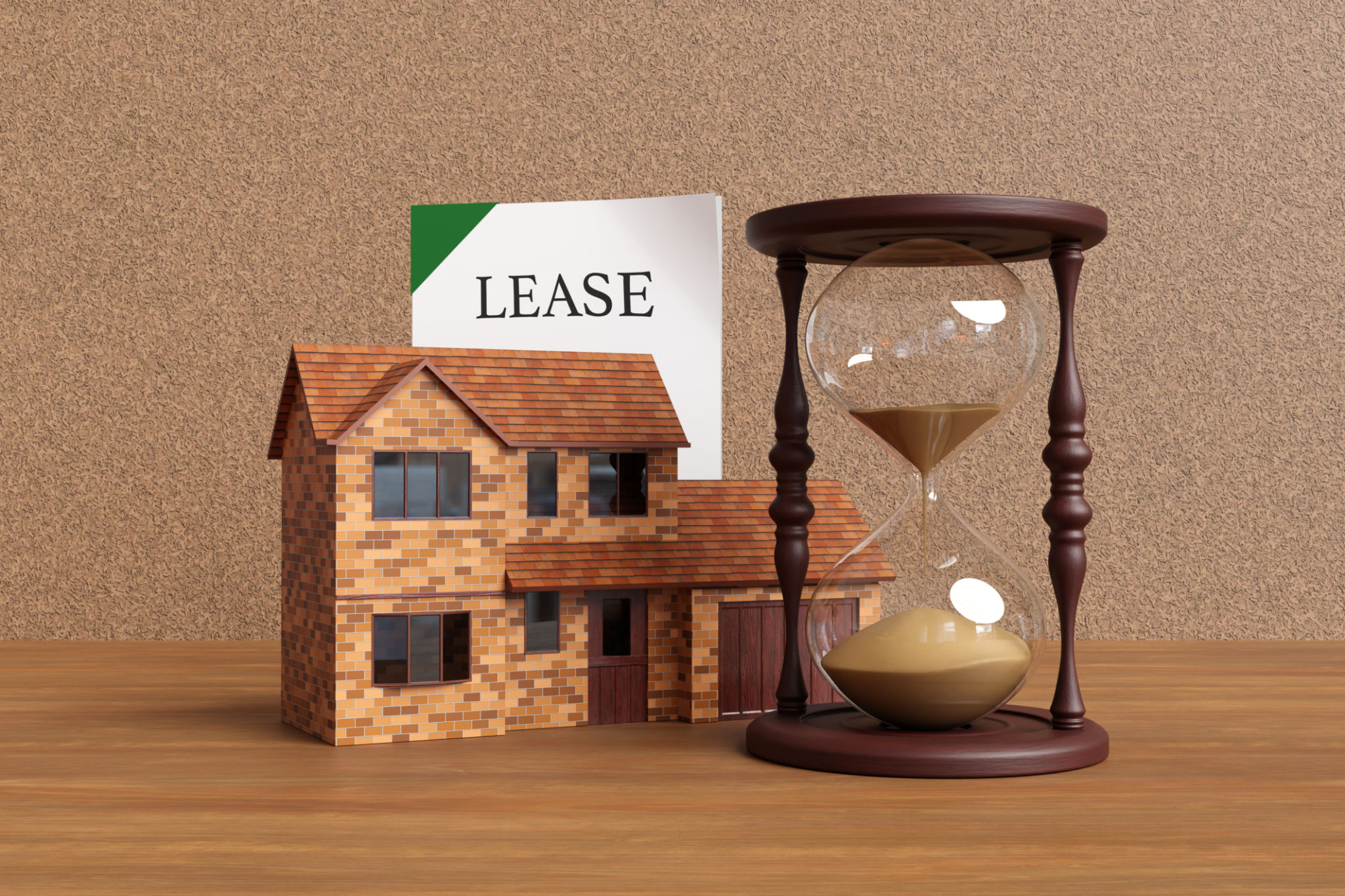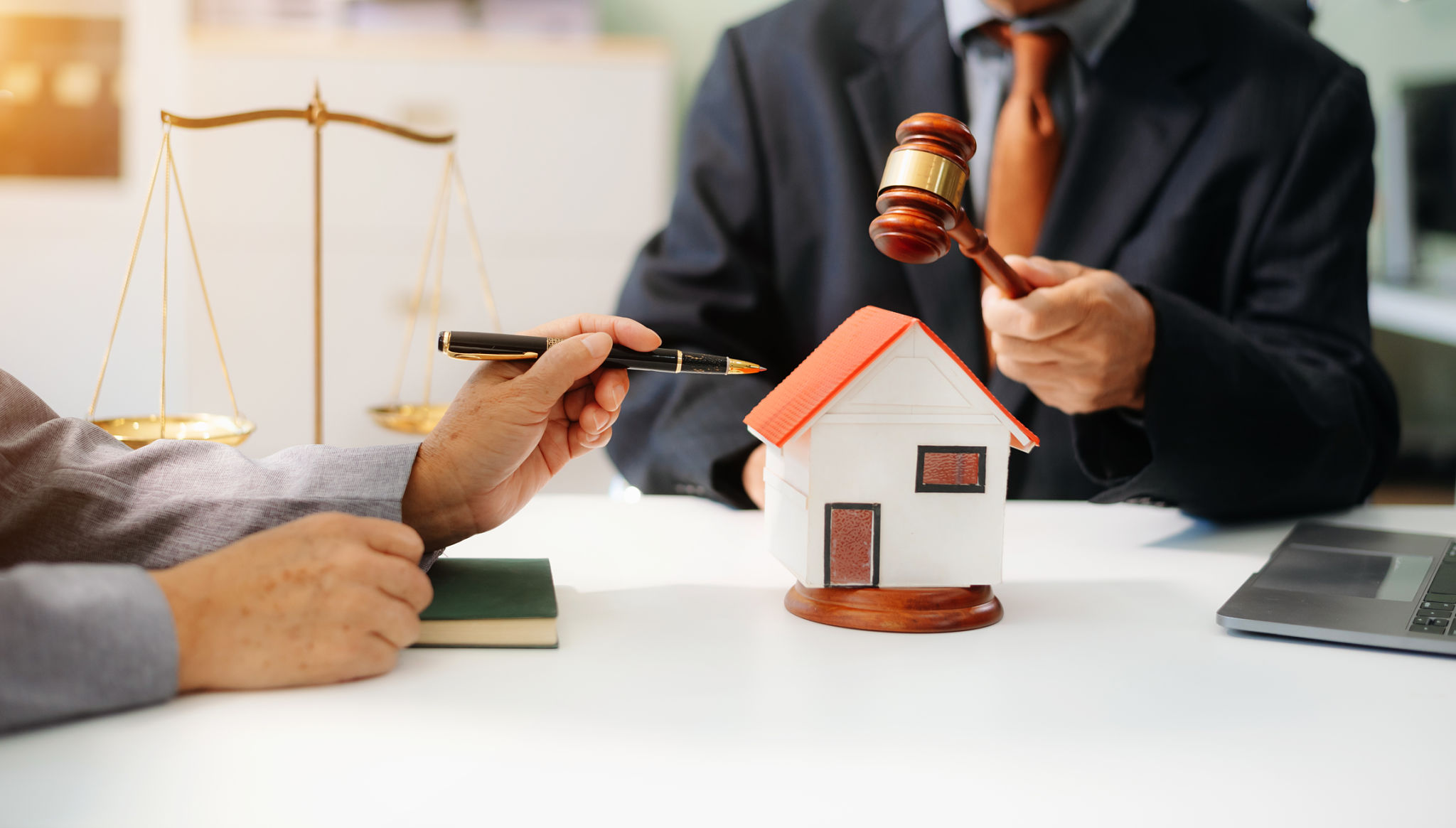Understanding Leasehold Property Management in Conwy: What You Need to Know
Understanding Leasehold Property Management
When it comes to property management in Conwy, understanding the intricacies of leasehold properties is crucial for both investors and homeowners. Leasehold properties, unlike freehold, involve owning the property but not the land on which it stands. This distinction can sometimes lead to confusion, especially for those unaccustomed to the leasehold system.
In a leasehold arrangement, you essentially lease the property from the freeholder for a number of years, decades, or even centuries. The lease agreement outlines your responsibilities and obligations, as well as those of the freeholder. It’s important to thoroughly understand these terms to avoid potential pitfalls.

The Role of the Freeholder
The freeholder plays a significant role in leasehold property management. They are responsible for maintaining common areas of the property such as entrances and gardens, and sometimes even the exterior of the building. This means they may charge you a service fee to cover these costs. Understanding what these fees cover and how they are justified is essential for effective financial planning.
Moreover, the freeholder may also require permission for any major alterations or renovations you wish to undertake. This can include everything from installing new windows to more extensive renovations. It's important to check your lease agreement for specific clauses related to modifications.
Responsibilities of Leaseholders
As a leaseholder, you have several important responsibilities. These often include paying ground rent, service charges, and adhering to the terms set out in the lease agreement. Failure to meet these obligations can lead to legal issues or financial penalties. Therefore, it's crucial to keep track of payments and maintain records of all communication with the freeholder.

In addition to financial obligations, leaseholders must also ensure that their property is well-maintained and does not violate any terms outlined in their lease. This includes respecting noise restrictions, adhering to pet policies, and ensuring that any subletting arrangements are compliant with lease terms.
Navigating Disputes
Disputes between leaseholders and freeholders can arise from time to time. Common issues include disagreements over service charges or dissatisfaction with property maintenance. When such disputes occur, it's advisable to seek mediation or legal advice to resolve them amicably.
In some cases, leaseholders may have the right to extend their lease or even purchase the freehold, a process known as enfranchisement. This can provide greater control over the property and potentially increase its value.

Conclusion: Making Informed Decisions
Understanding leasehold property management in Conwy requires a careful examination of legal documents, clear communication with freeholders, and a proactive approach to managing your responsibilities. By staying informed and seeking professional advice when necessary, you can navigate the complexities of leasehold arrangements effectively.
Whether you're considering purchasing a leasehold property or already own one, taking the time to understand your rights and responsibilities is key to successful property management in Conwy.